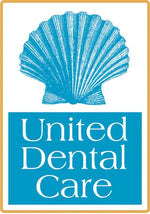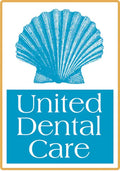Gum Treatment
Periodontal disease happens when the tissues supporting the teeth get infected, in which the emptiness between the gum and teeth swells. Tobacco, defective fillings, crooked teeth, some medicine such as cancer therapy drugs, oral contraceptives, bad bridges and disease such as diabetes are common causes of these infections. Bleeding of gums, loosening of teeth, fitting problems with dentures, reddening, and swelling of the gums and persistent bad breath or taste of the mouth are usual symptoms of periodontal disease. Our periodontist at Culver City Dentist performs the proper kind of gum treatment to eliminate the infection as soon as possible before any irreversible damage is made to the teeth or their roots.
Two kinds of gum treatments are used in periodontics; surgical and nonsurgical. Also, different levels of treatment, depending on the severity of the disease, are performed by the family dentist. One procedure is root planning, which is one of the non-surgical gum treatments. The bacteria and infection are removed from the gum, which provides an environment healthy enough for the gums to heal. Applying the medication to the place on infection is another way which was developed recently due to the advancements achieved in the field of gum disease. There are also oral medications that bolster the response of body immune system to the bacteria causing the infection. All these medications are antibiotics that are applied either directly to the gum, taken orally or used as a mouthwash to help cure the gums. Brushing and flossing are also very important, as our general dentists at Culver City Dentist always advice. If these methods cannot control the infection or the damage to the teeth and gum are severe, you need to have surgery. One of the surgical methods is Gingivectomy, in which the diseased gums are removed so that there are no more pockets for the bacteria to accumulate. Another method is a flap procedure in which the roots are cleaned and damages are repaired. If teeth or their roots are severely damaged, the family dentist needs to extract the damaged teeth. You may need to take antibiotics after the surgery as well to make sure the gum treatment is complete and totally cured.



